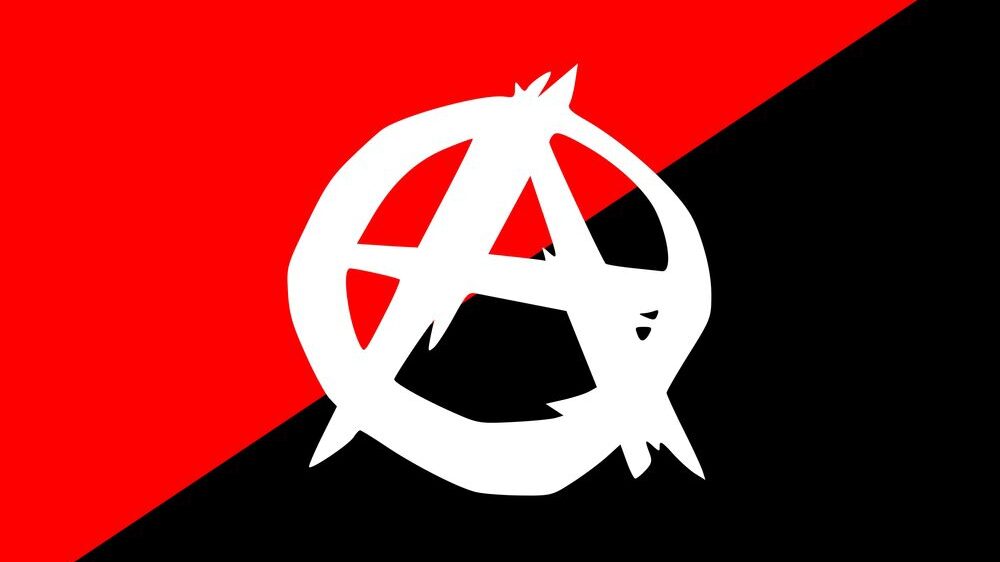
Italy has a long history of far-left violent extremism and terrorism and far-left violence is not uncommon in the country.
On 31 December 2016, anarchists Pierloreto Fallanca and Salvatore Vespertino planted a homemade bomb at the Il Bargello bookshop in Florence after believing that the shop was too closely linked to the neo-fascist group Casapound, a report from the newspaper Il Giornale states.
The bomb was found by police before it could explode, but during an effort to defuse the device, police officer Matio Vece lost one of his hands and one of his eyes as the bomb went off.
Investigators soon linked both Fallanca and Vespertino to the planting of the bomb after Fallanca had stated over the phone “I put the bomb in Casapound, in the mouth of Casapound,” unknowingly doing so as police had tapped his phone. DNA belonging to Vespertino was also found on fragments of the bomb.
Both of the anarchist extremists were put on trial following their arrests and were found guilty of the bombing but appealed their convictions. In May of 2021, the Court of Appeal in Florence reduced the original nine years and six months for Fallanca and the original nine years for Vespertino to eight years in prison but upheld their convictions.
However, the anarchists appealed yet again and took the case to the Supreme Court which has now ruled on the case, determining that both men will serve eight years each in prison.
Both men were free until the court ruling and so far, Italian authorities have only managed to locate and arrest Fallanca, who was traced to Bologna and taken to a local prison and will serve the remaining five years of his sentence. Vespertino, as of Monday, July 17th, remains free and police have yet to locate him.
The Supreme Court ruling comes just months after far-left anarchist extremist Alfredo Cospito went on a hunger strike over being placed in a strict prison regime known as the “41-bis” which cut him off from the outside world and prevented any external communication.
Cospito’s far-left extremist followers organised violent protests in support of Cospito, attacking police in Rome and setting a vehicle on fire in Milan.
It later emerged that Cospito, who is serving a sentence for shooting the head of a nuclear power company in 2021 and bombing the cadet barracks of the Carabinieri in 2006, had openly praised terrorist methods in letters to his allies.
“The revolution can only be made by those who have the devil in their bodies and are not afraid of the word terrorism because they want with all their strength that the powerful live in terror. It will certainly not be the penal code or the threat of 41-bis that will silence me,” he wrote.
Hunger strikes have been a common tactic among convicted far-left terrorists in recent years. Extremist Cesare Battisti, who was a member of the notorious violent terrorist Armed Proletarians for Communism (PAC), engaged in a hunger strike over prison conditions in 2020.
Battisti, who has denied any connection to the four murders he was convicted of in 1993, was returned to Italy in 2019 after hiding in South America for decades, being deported by former conservative Brazilian President Jair Bolsonaro.
The murder Battisti was convicted of took place during the “Years of Lead”, a period from the late 1960s to the late 1980s that saw 428 murders carried out by far-left and far-right groups.
The most infamous murder during the Years of Lead took place in 1979 when former Italian Prime Minister Aldo Moro was kidnapped by members of the far-left Red Brigades terrorist group, held hostage and later murdered after 54 days of imprisonment.
